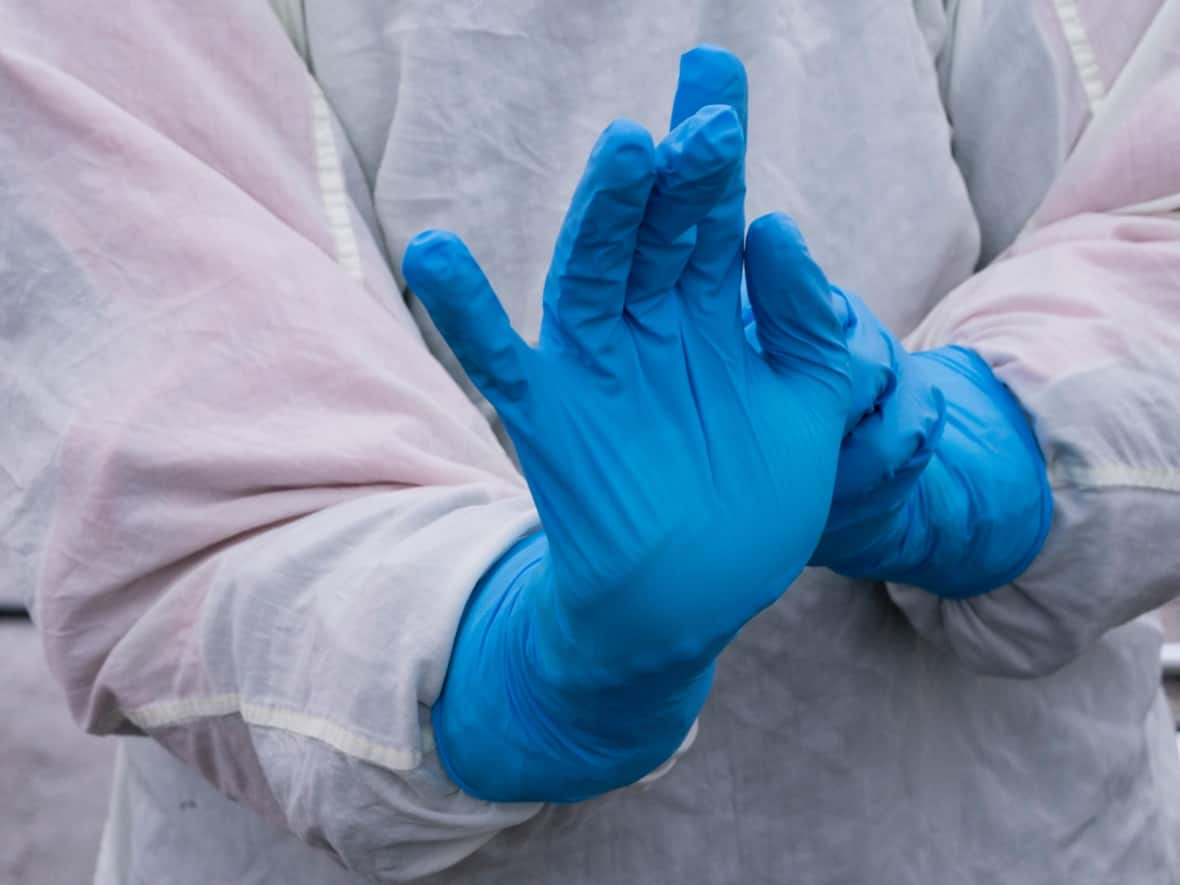Longueuil hospital grapples with outbreak of drug-resistant, lethal fungus

Pierre-Boucher Hospital on Montreal's South Shore says it has contained an outbreak of a lethal, drug-resistant fungal infection that affected two patients.
The patients who contracted the super fungus — known as Candida auris — were not infected with it, but were carriers, explained Dr. Julie Okapuu, a microbiologist at the hospital.
Two linked people carrying the fungus is enough to declare an outbreak, said Okapuu, noting that the cases started two weeks ago. Because they weren't infected, the patients showed no symptoms but could still have passed it on to others.
One of the patients died in intensive care, but not because of the fungus, said a spokesperson for the hospital. Several patients have been tested and are being monitored after being in direct or indirect contact with the carriers.
"We isolate patients, wear gloves and scrubs, we disinfect the whole unit and run tests on other patients to make sure they aren't carriers. So far, our tests have been negative," said Okapuu.
The fungus spreads through direct contact and is not airborne, she said. It is a yeast and once it infects a patient, it becomes resistant to antifungal medications — a concern for Quebec health authorities.
Federal Health Minister Jean-Yves Duclos says he is concerned about the presence of the pathogen in Quebec and has asked federal public health officials to quickly collect information from the provinces to obtain a better portrait of the situation.
Dr. Cécile Tremblay, an infectious diseases specialist at the Centre hospitalier de l'Université de Montréal (CHUM), says C. auris mainly affects people with weakened immune systems who are already seriously ill or hospitalized. An infected person has a 30 to 60 per cent risk of dying.
Up until now, the infection has been seen in isolated cases in people returning from travelling, usually after medical treatment in other countries.
Okapuu says the hospital detected it early but as to where the fungus came from, the investigation continues.
Those with medical appointments at the hospital shouldn't be worried, she said, as the outbreak is limited to a specific unit and there's very little risk of contracting the fungus.
Dr. Karl Weiss, the chief of division of infectious diseases at Montreal's Jewish General Hospital, says the work his Longueuil colleagues did to control the outbreak demonstrates the importance of keeping microbiology laboratories in every medical facility in Quebec.
"It's obvious, we saw it with COVID and we see it again with things like this. The important thing was being vigilant," said Weiss, who is also the president of the provincial association of microbiologists and infectious diseases specialists.


